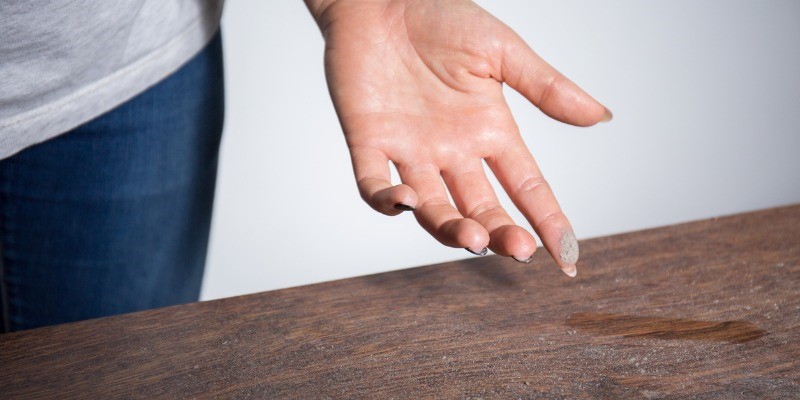
Is it really worth the investment in a High efficiency particulate air (HEPA) filter as opposed to HEPA-like or other types of air purifiers? In order to assess if HEPA filters are really worth it for you, you need to know what a HEPA filter can remove from your home’s air. There’s a big difference between HEPA-like, HEPA, and even ULPA filters. We’ll discuss them below.
What Size Particles Do HEPA Filters Remove?
HEPA filters, like all air filters, can only remove particles down to a certain size. For HEPA filters, that size is incredibly small, at 0.03 microns. These filters, in order to be HEPA filters, must remove 99.97% of particles this size. Be warned though, that even a filter made of the same material as HEPA filters may not get the same performance. A tiny gap in the seal or break in the filter material may let through a huge amount of these particles. It’s important to make sure that your filter is actually HEPA certified in order to get truly fresher in your home.

What HEPA Filters Remove
Here are the particles that are large enough that a HEPA filter can remove them from your home’s air:
- Dust
- Pollen
- Dander
- Many allergens
- Some bacteria
- Mould
- Mould spores
You’ll notice that even though HEPA filters have incredible performance compared to many of the air filters you can find, some important things are missing from this list. HEPA filters will not remove most viruses, because they are simply too small. HEPA filters will also not remove VOCs, or volatile organic compounds, as they are also too small. Still, HEPA filter technology can be combined with other technologies that will remove these things from your air too.
Have you heard of HEPA-like filters? Many of these filters are touted to remove some incredibly small things from your home’s air, including allergens. However, only those that are HEPA and not “HEPA-style” or “HEPA-like” will reliably remove the smallest particles that you are looking to target. In fact, there is another type of filter that targets even smaller particles than a HEPA can.
The Difference Between HEPA and ULPA Filters
ULPA, or ultra-low particulate air filters remove smaller particles from the air than HEPA filters. In fact, they remove a higher percentage of those particles too. ULPA filters can pick up 99.99% of particles that are 0.12 microns. This means that they can pick up a fair number of viruses, even though these are incredibly small.
ULPA filters are useful, but mostly for commercial or healthcare purposes. They can remove tiny particles created during surgery or prevent viruses from getting into clean rooms. They are typically impractical for home use.
Still, you can remove some of the smallest particles from your air by using a HEPA filter. Contact our experts today to learn how a HEPA filter can help your family breathe better.








